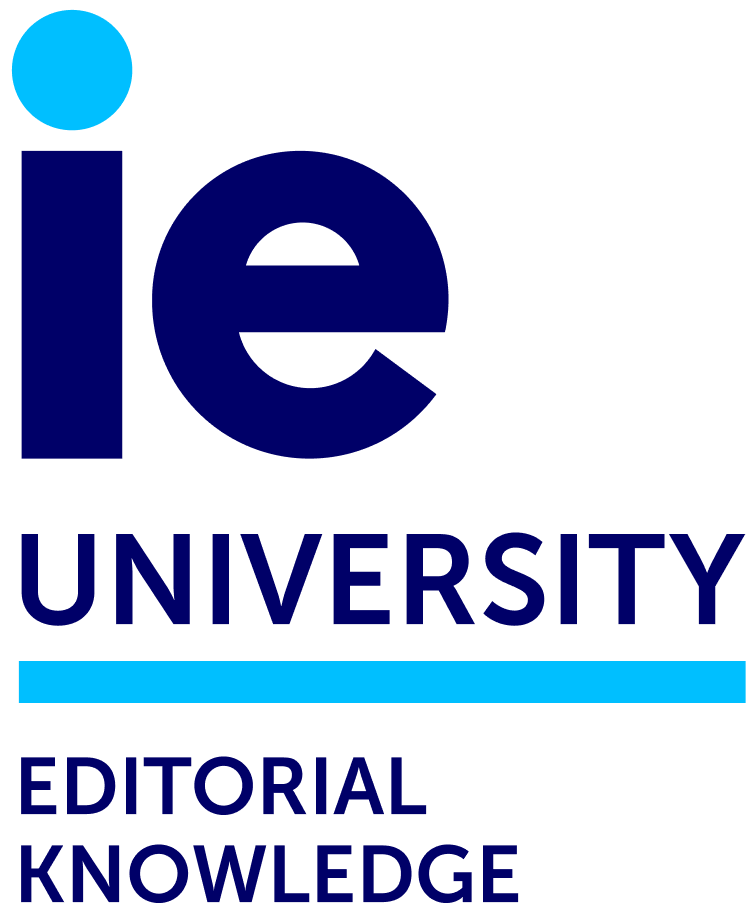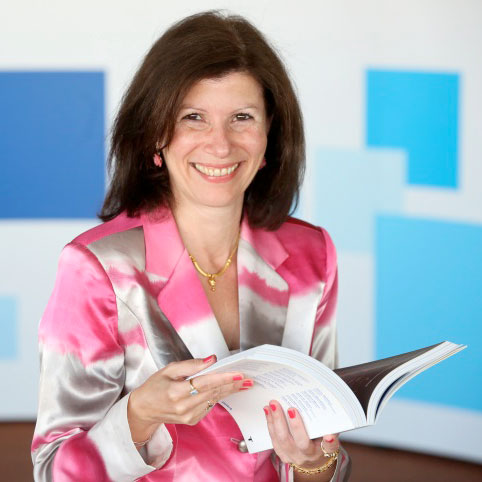Fintech in Islamic Finance: Theory and Practice
Description
Featuring high-level analysis of Islamic law, this book examines fintech in Islamic finance from both theoretical and empirical perspectives. Whilst building on existing approaches, it also discusses the current application of fintech in promoting financial inclusion through innovative solutions in Muslim-majority countries, identifying future directions for policy-makers.
This chapter analyses several fundamental aspects of fintech solutions in Islamic finance. It discusses the new collaborative economy and the sociological elements behind this new form of collective economic relationships. The chapter explores collaborative fintech and new forms of technology-driven financial intermediation solutions being launched in the market between capital holders and capital seekers. It explains the opportunities and challenges for Islamic finance. The Islamic financial industry is young, highly technological and with the excess liquidity required to finance innovation.
The Islamic finance industry has reacted more quickly than its conventional counterparts, in two fundamental areas; developing innovation in its own capacity and partnering with new Shari‘ah-compliant fintech ventures. Fintech offers a way whereby new technologies can help channel Islamic principles to create a new generation of financial products that can satisfy the demands of future generations. Fintech is revolutionising the financial world through automated complex reasoning mechanisms and new technologies able to make more efficient decision-making procedures.
Celia de Anca
When approaching the subject of diversity in the corporate world, Celia de Anca is looking more deeply and broadly than many other specialists in this area. She sees diversity in terms of three concentric circles or layers and is interested in establishing the different tools needed to train people at these different levels.
Prof de Anca is the head of The Centre for Diversity in Global Management at IE, also organises training and mentoring programmes for female entrepreneurs in Latin American and Islamic countries, and has run and managed educational projects in the Middle East for 10 years. She is a member of the Ethics Committee of Morgan Stanley’s Ethics Fund, Spain and a member of the International Scientific Committee of the University Euromed in Marseille, France.



